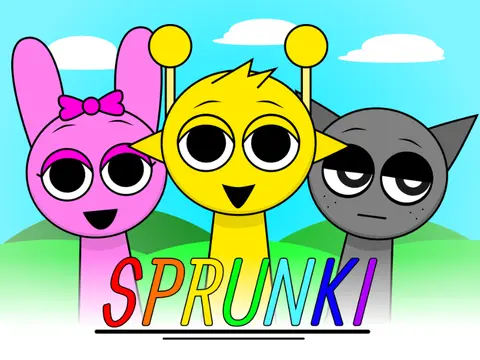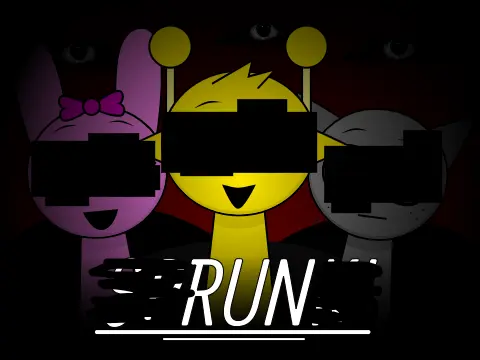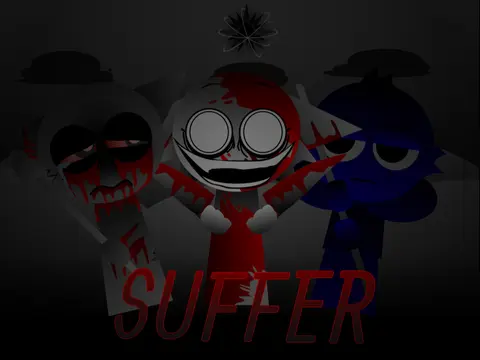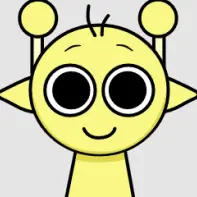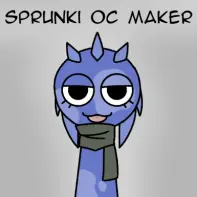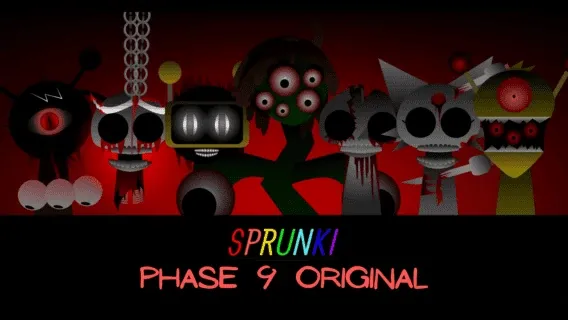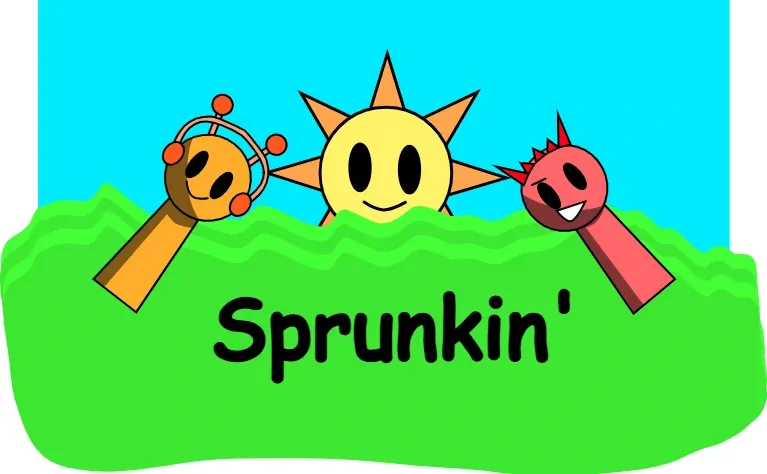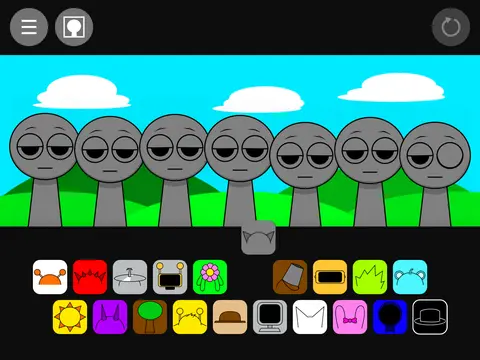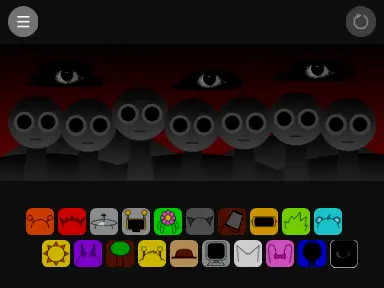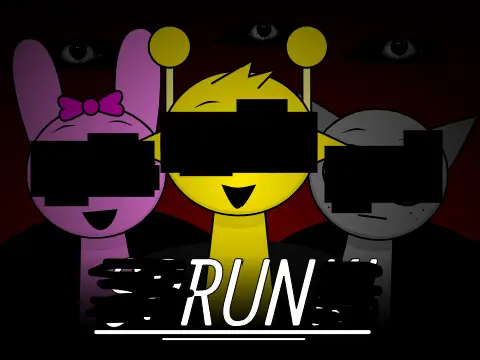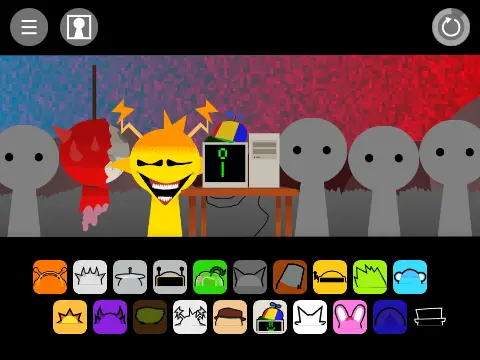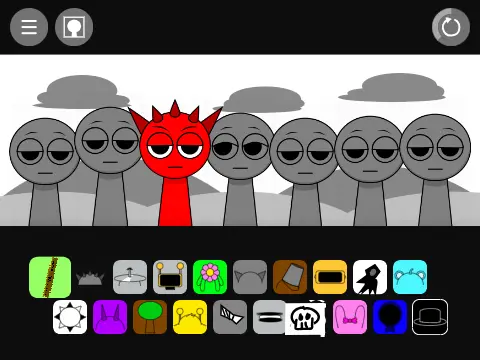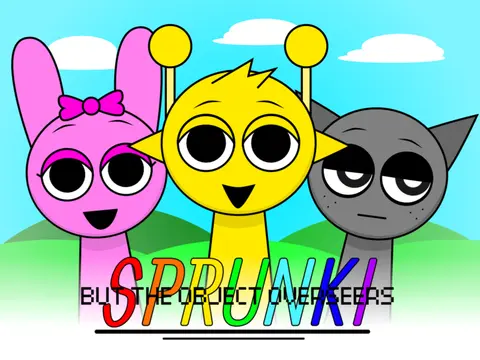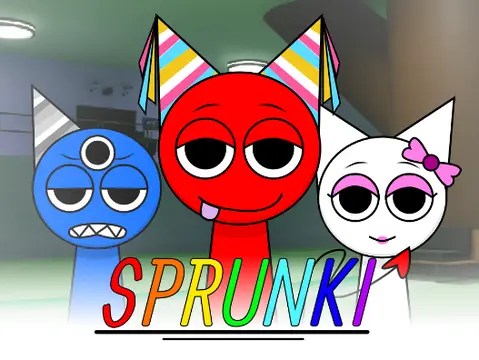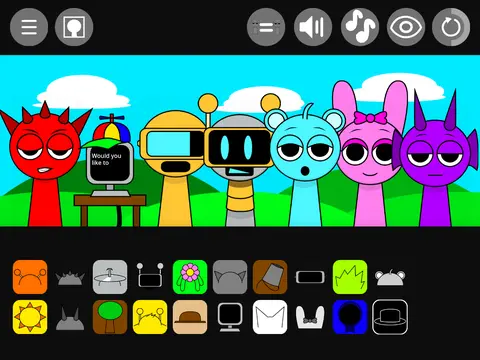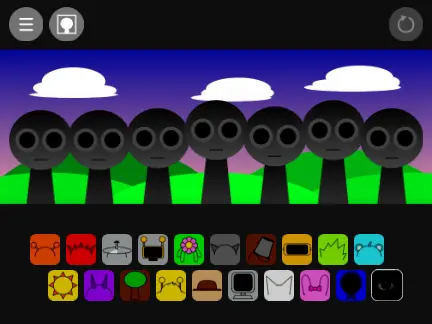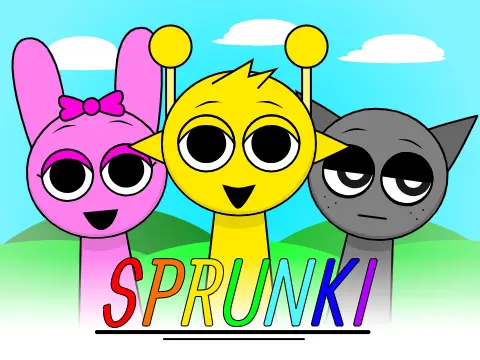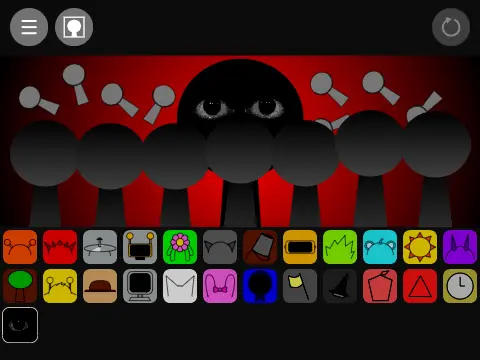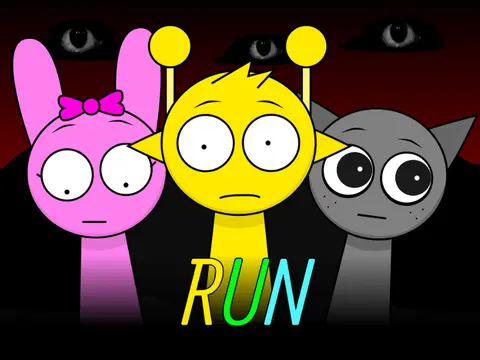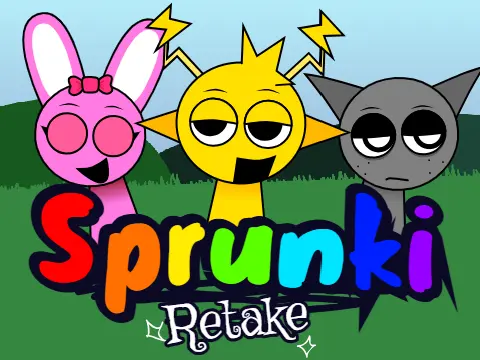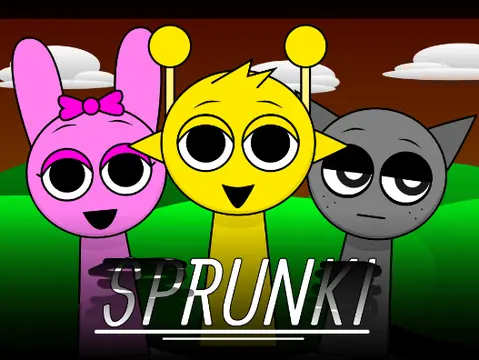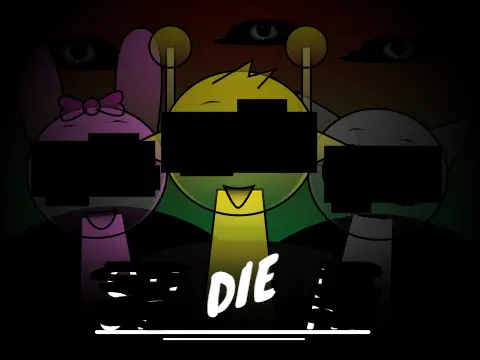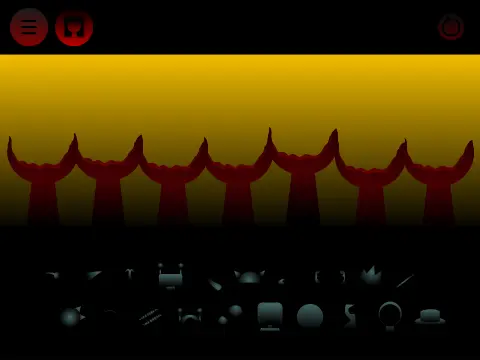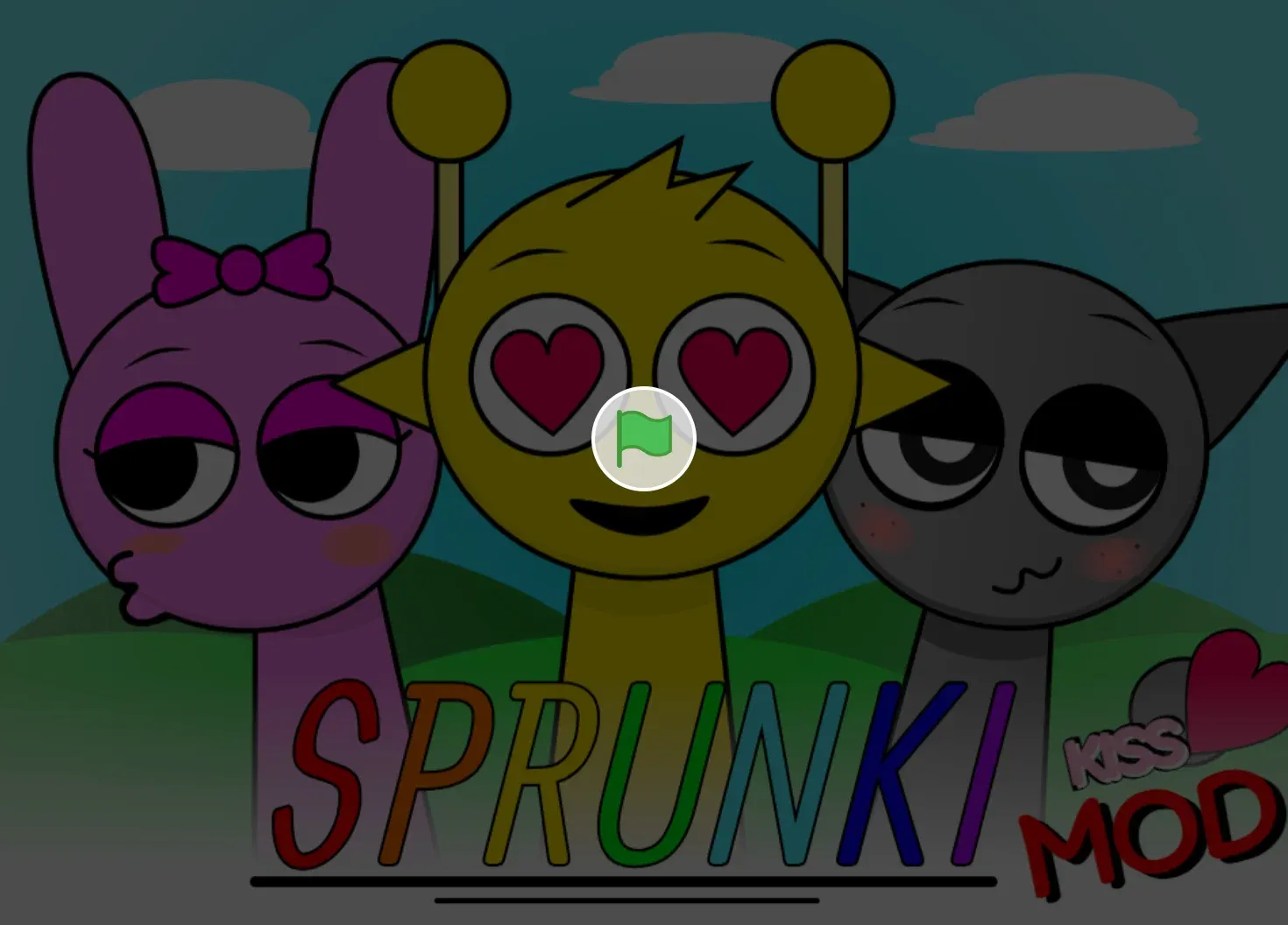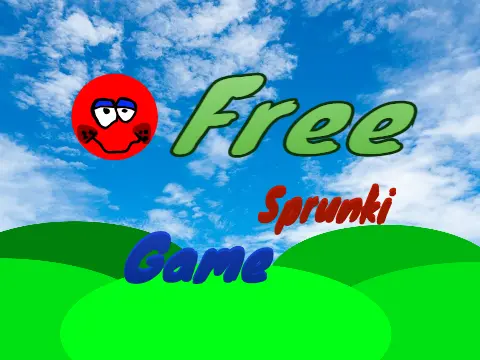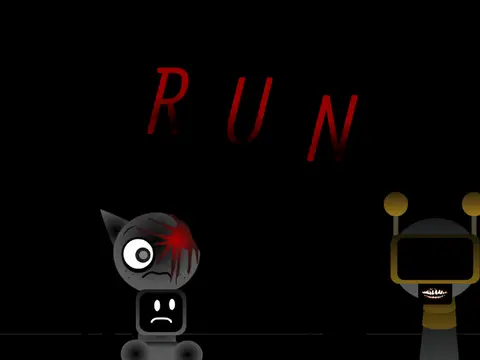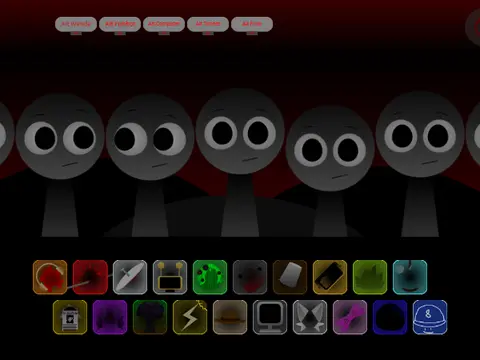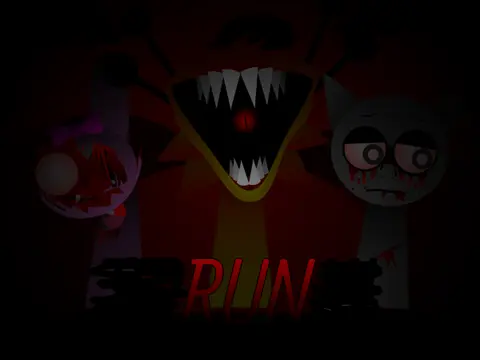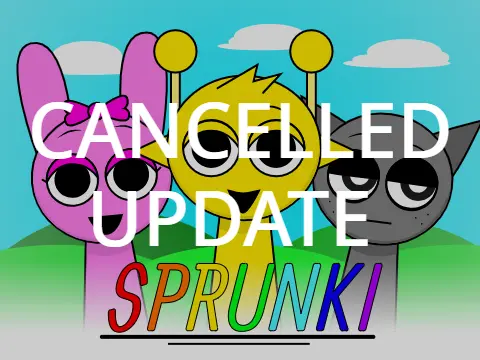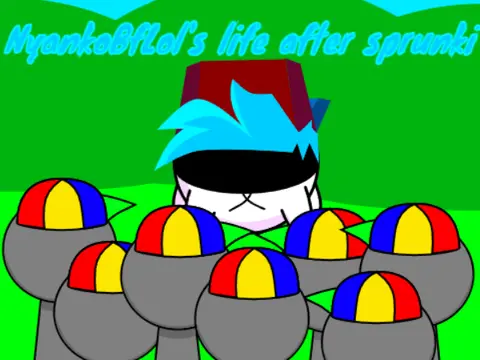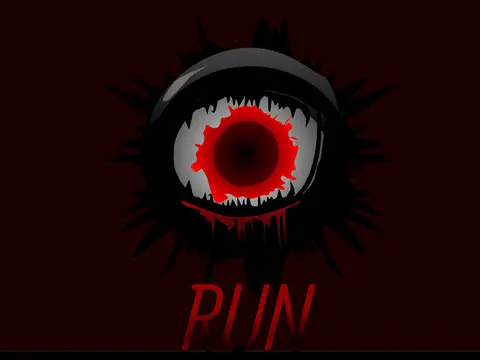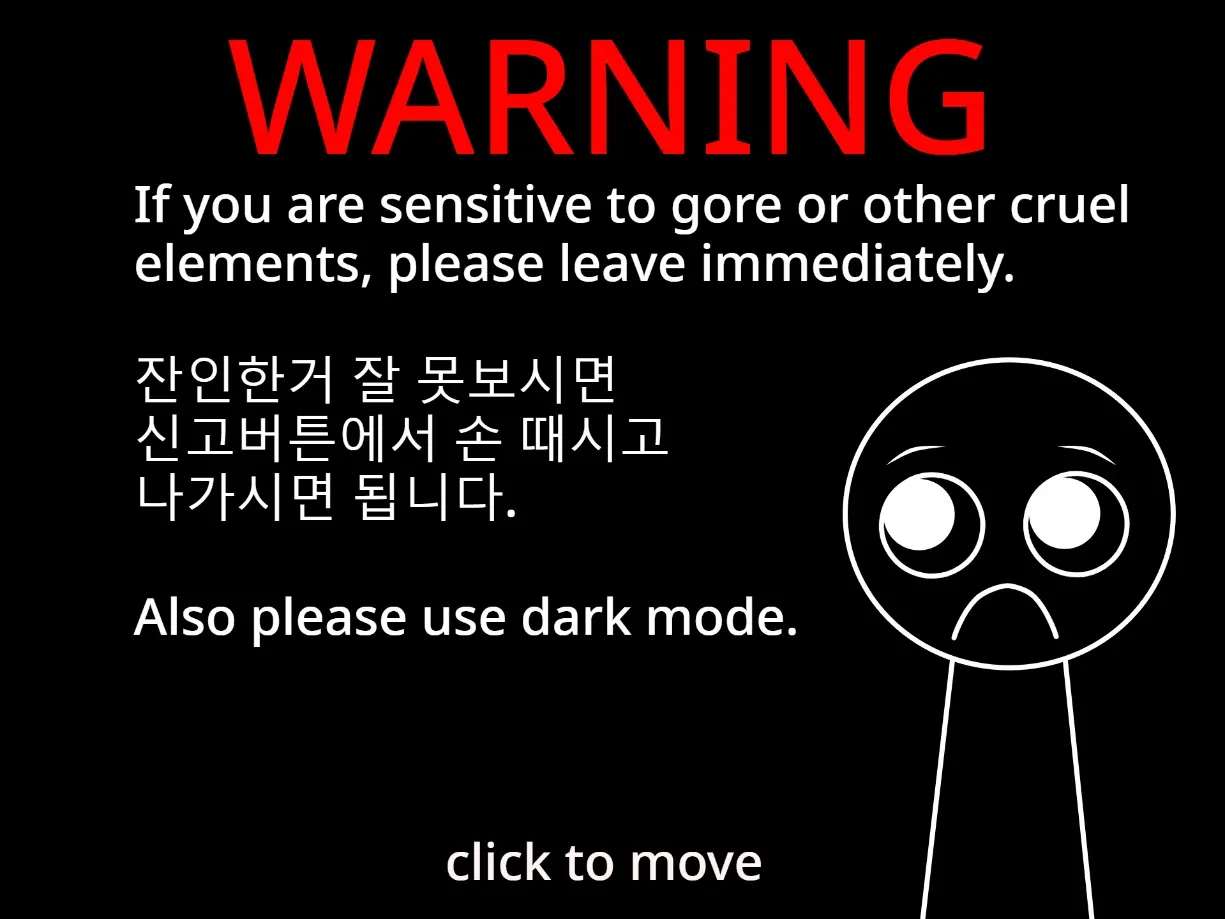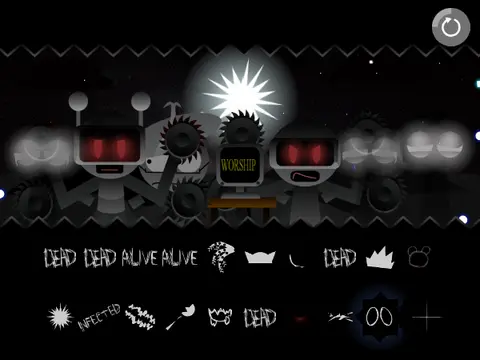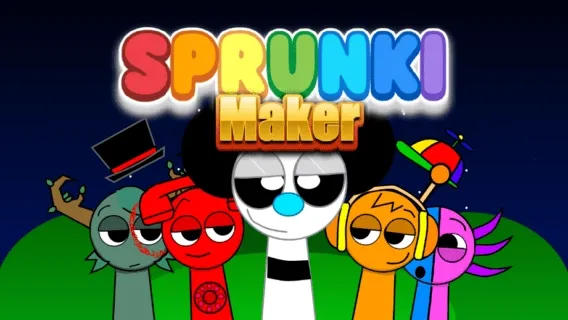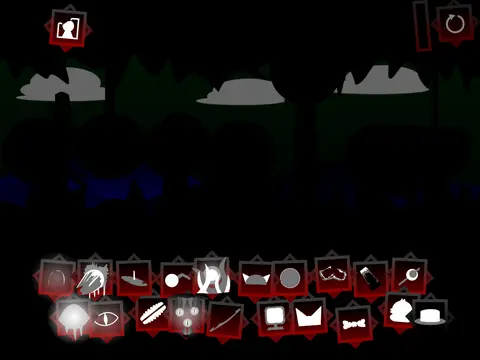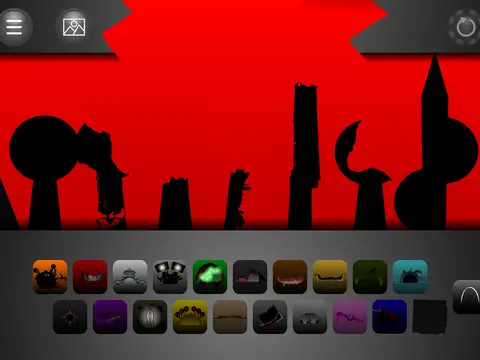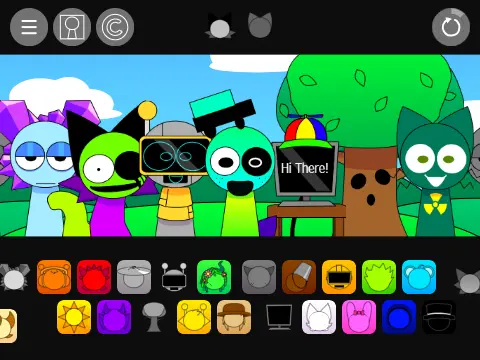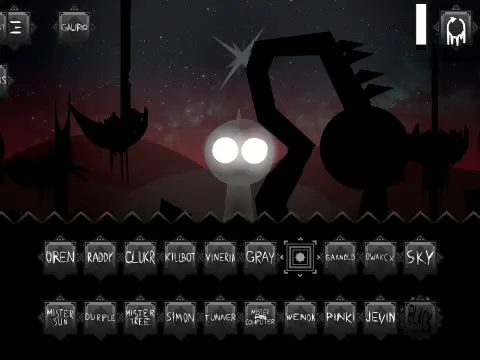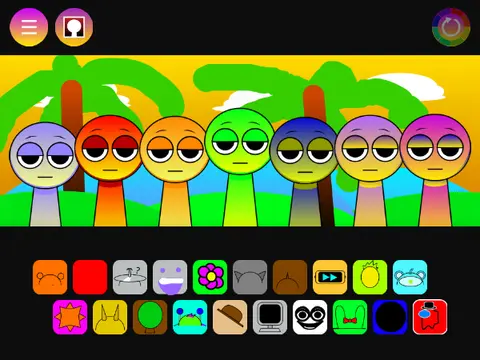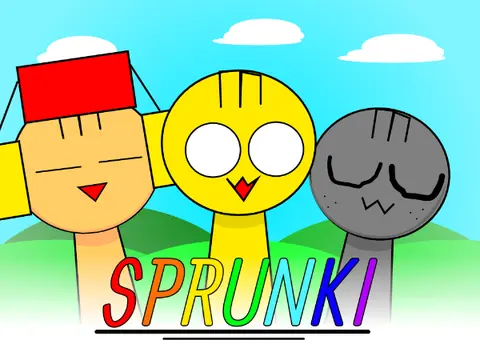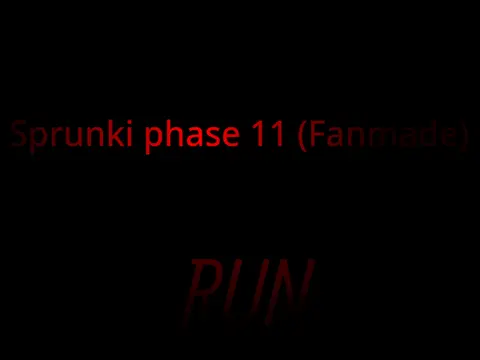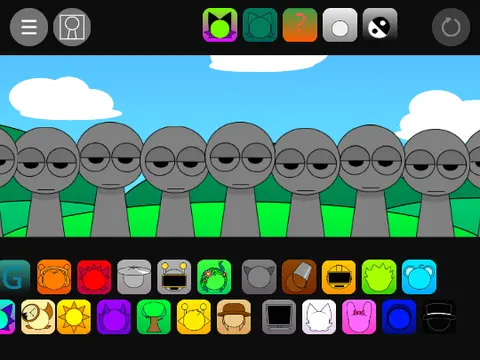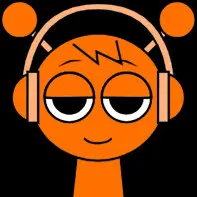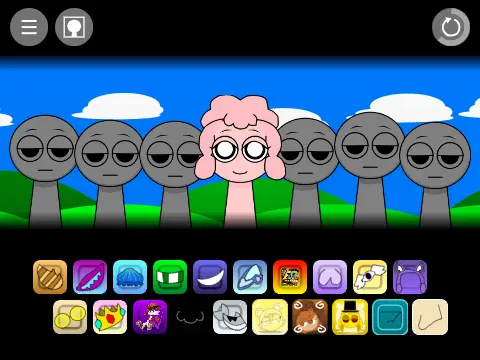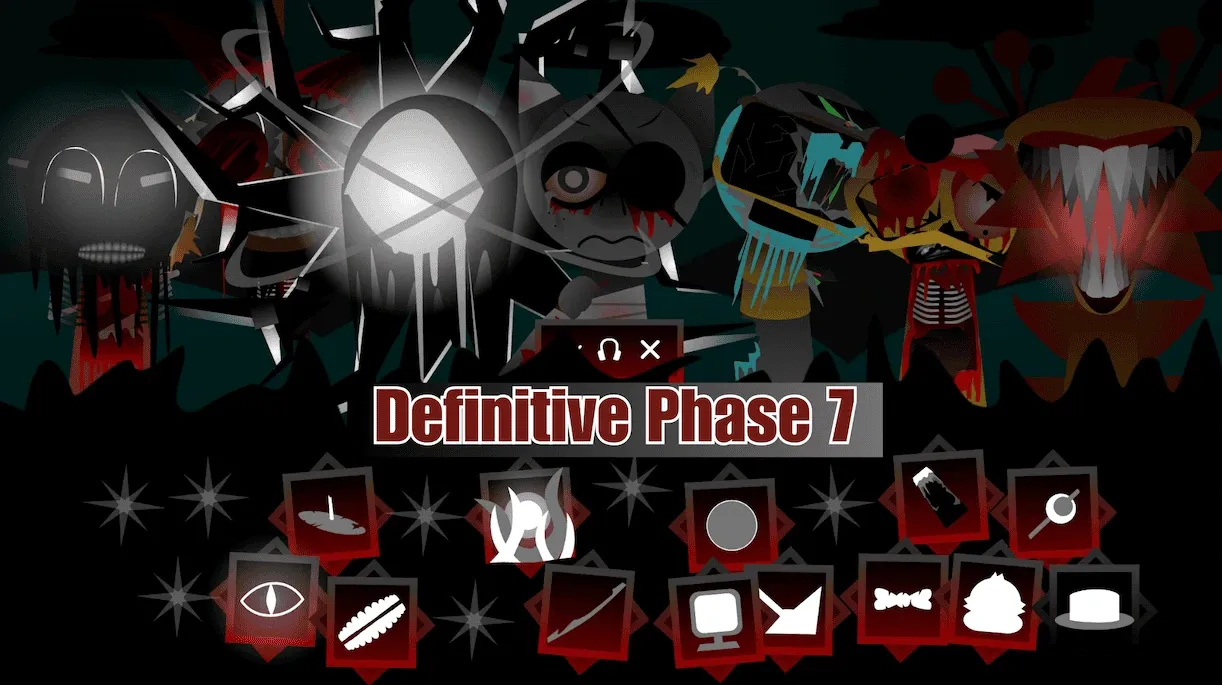The Complete Guide to Sprunki Durple Ears and Horns Treatment
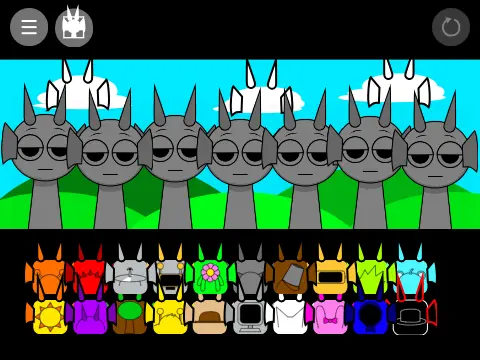
The Sprunki Durple Ears and Horns Treatment represents one of the most radical physical transformations available in the Sprunki universe. This controversial procedure permanently alters a Sprunki's appearance, giving them distinctive durple-colored ears and prominent horns that change their silhouette forever.
What is the Durple Ears and Horns Treatment?
Originally developed during the Phase 3 experiments, the Durple Treatment was meant to enhance Sprunki durability and sensory perception. The treatment involves:
Genetic modification of ear cartilage structure
Horn bud implantation along the cranial ridge
Pigmentation alteration to achieve the signature durple hue
Neural pathway rewiring for enhanced functionality
The procedure takes approximately 7 hours in a specialized Sprunki treatment center, with a 14-day recovery period. During recovery, patients must avoid any clicker interactions as the new appendages are particularly sensitive.
The Transformation Process
The Durple Treatment follows a strict seven-stage process:
Pre-Treatment Assessment: Compatibility tests determine if the Sprunki can safely undergo the procedure
Anesthesia Application: Specialized compounds prepare the body for modification
Cartilage Reshaping: Existing ear structure is altered to accommodate durple pigmentation
Horn Bud Implantation: Growth nodes are surgically placed along the cranial ridge
Neural Integration: New sensory pathways are connected to the nervous system
Pigmentation Process: The distinctive durple color is permanently applied
Recovery Initiation: Protective coatings are applied as healing begins
Benefits of the Treatment
While primarily cosmetic, many Sprunki report functional improvements after undergoing the Durple Treatment:
Enhanced low-frequency sound detection (up to 3x improvement)
Improved balance and spatial awareness
Increased resistance to infection types
Additional protection against head impacts
Unique social signaling within Sprunki communities
Risks and Considerations
As with any major procedure, the Durple Treatment carries certain risks that potential patients should consider:
Permanent Alteration: The changes cannot be reversed once completed
Sensory Overload: Some patients report initial difficulty adjusting to enhanced hearing
Social Stigma: Treated Sprunki may face discrimination in certain social circles
Maintenance Requirements: Horns require regular polishing to maintain structural integrity
Compatibility Issues: May conflict with certain phase-specific modifications
Post-Treatment Care
Proper aftercare is crucial for successful results. Patients should:
Avoid water exposure for 72 hours post-procedure
Use specialized horn polish weekly
Attend all follow-up neural calibration sessions
Gradually reintroduce audio stimuli to prevent sensory shock
Monitor for any unusual pigmentation changes
Historical Significance
The Durple Treatment gained notoriety during the Sinner Edition period, when many Sprunki sought radical transformations to express their individuality. The procedure was temporarily banned after the Cancelled Update due to safety concerns, but was later reintroduced with additional safeguards.
Today, it remains one of the most requested cosmetic procedures in Sprunki modification clinics, with satisfaction rates exceeding 92% according to recent surveys. The distinctive durple hue has become synonymous with Sprunki who value both aesthetic distinction and functional enhancement.
Frequently Asked Questions
Is the Durple Treatment painful?
The procedure itself is performed under complete anesthesia. Most patients report only mild discomfort during recovery, manageable with prescribed medications.
How long do the results last?
The changes are permanent, though horns may require occasional trimming as they continue slow growth throughout the Sprunki's lifespan.
Can any Sprunki undergo the treatment?
Approximately 87% of Sprunki are genetically compatible. A full assessment is required before scheduling the procedure.
Are there age restrictions?
The treatment is only available to Sprunki who have completed their Phase 3 development cycle.
How much does it cost?
Pricing varies by clinic and specific modifications requested, but typically ranges between 7,000-12,000 SprunkCredits.
